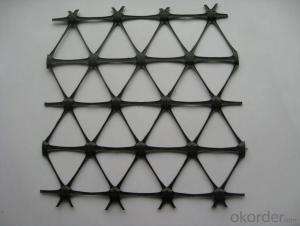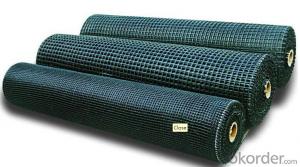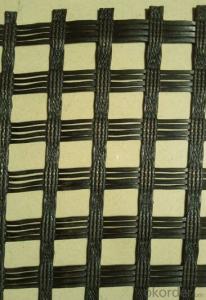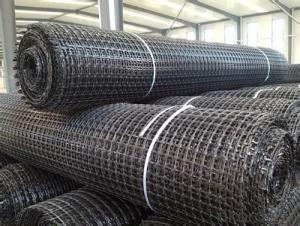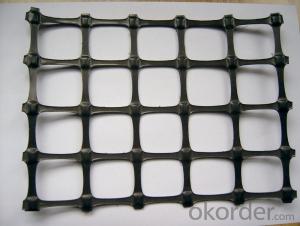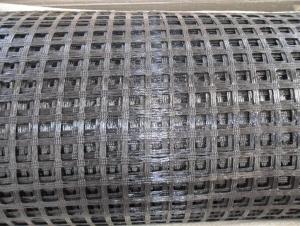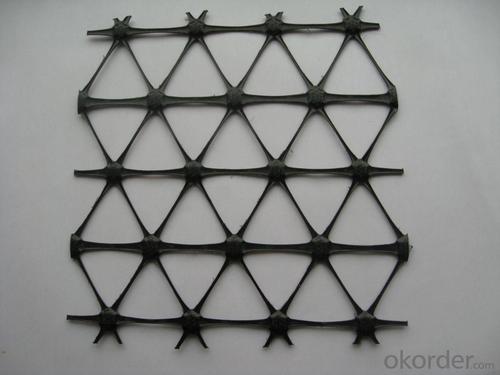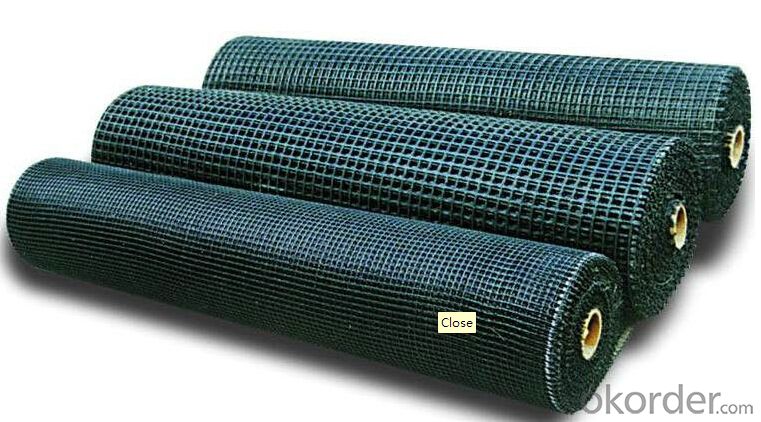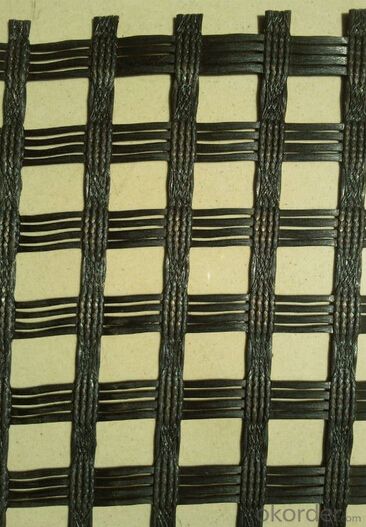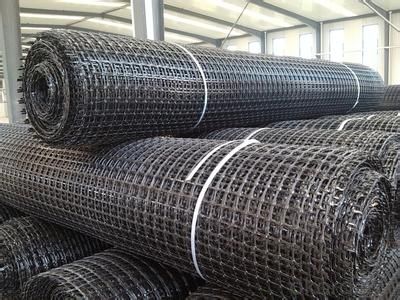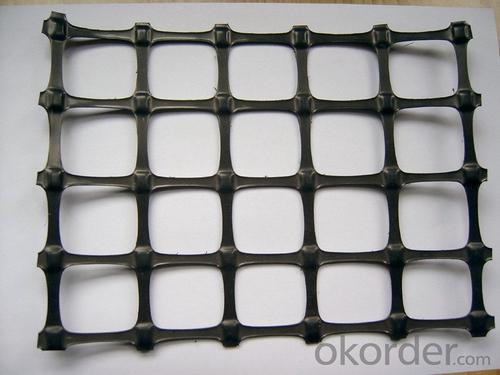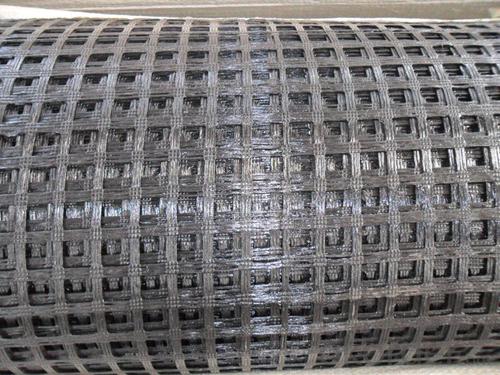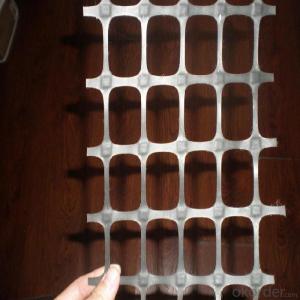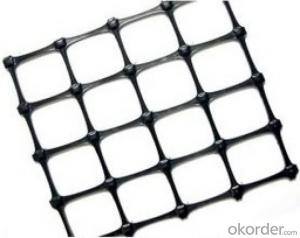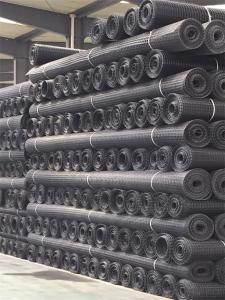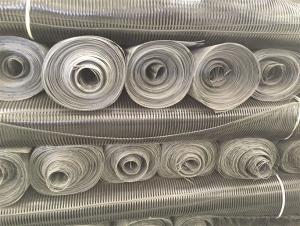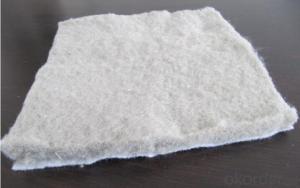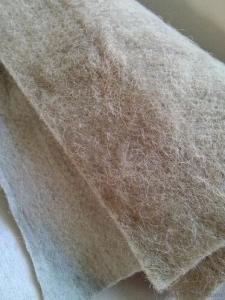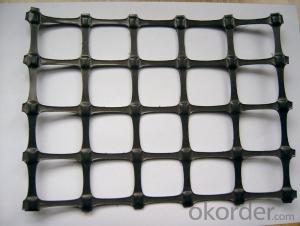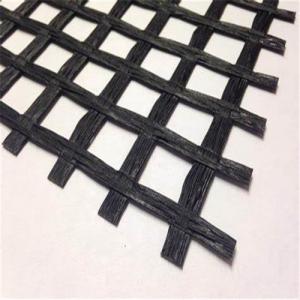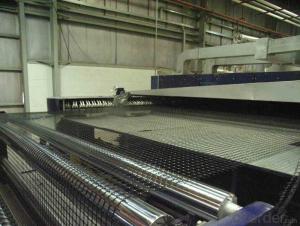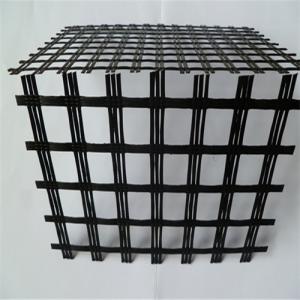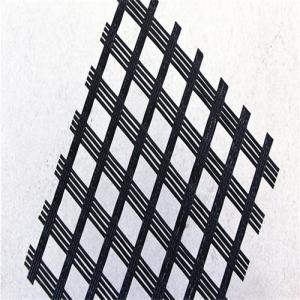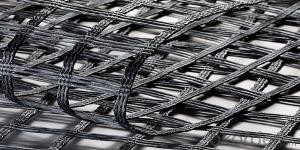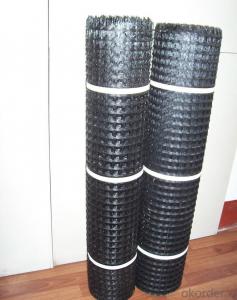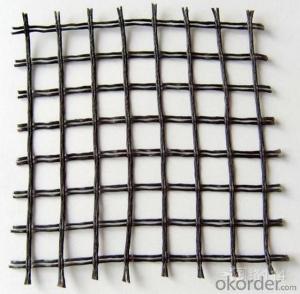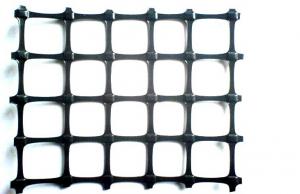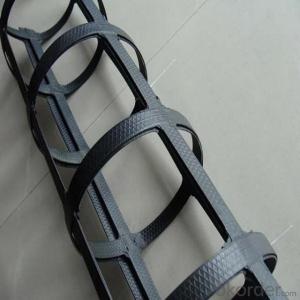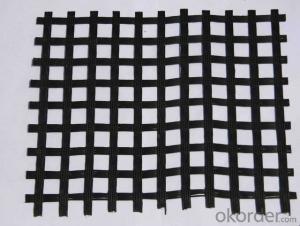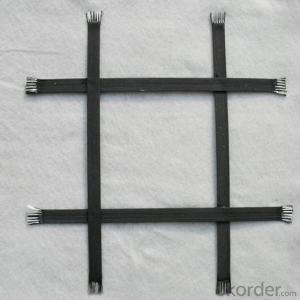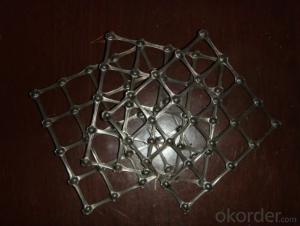Fiberglass Geogrid for Drainage Geocomposite - Geocells South Africa
- Loading Port:
- Qingdao
- Payment Terms:
- TT OR LC
- Min Order Qty:
- 50000 m²
- Supply Capability:
- 2000000 m²/month
OKorder Service Pledge
OKorder Financial Service
You Might Also Like
Fiberglass Geogrid for Drainage Geocomposite
Description Of Fiberglass Geogrid for Drainage Geocomposite:
1. A kind of planar mesh material using alkali-free fiberglass yarn as base body and
then coated with high quality modified asphalt.
2. Warp knitted with oriental structure which gives full play of yarn strength and improves its mechanical property to make the product high tensile, tearing and creep-resistant.
3. Coated with asphalt making full protection of the fiberglass matrix and greatly
improving its wear and shear resistance.
4. Having a good performance in pavement strengthening, track cracking and solving
difficulties of strengthening the bituminous pavement.
Main Features of Fiberglass Geogrid for Drainage Geocomposite:
1. Light weight, high tensile strength, high modulus, low elongation and good toughness.
2. Corrosion resistance, no long-term creep, long life span.
3. Good physical and chemical stability and good thermal stability.
4. Resistant to fatigue cracking, high-temperature track and low temperature shrinkage cracking.
5. Delaying and decreasing crack reflection.
Specifications of Fiberglass Geogrid for Drainage Geocomposite:
Tensile Strength (KN) | Warp | >30 | >50 | >60 | >80 | >100 | >120 | >150 | >200 |
Weft | >30 | >50 | >60 | >80 | >100 | >120 | >150 | >120 | |
Elongation(%) | <4< p=""> | <4< p=""> | <4< p=""> | <4< p=""> | <4< p=""> | <4< p=""> | <4< p=""> | <4< p=""> | |
Mesh Size(mm) | 25.4*25.4 | 25.4*25.4 | 25.4*25.4 | 25.4*25.4 | 25.4*25.4 | 25.4*25.4 | 25.4*25.4 | 25.4*25.4 | |
Elastic Modulus | 76 | 76 | 76 | 76 | 76 | 76 | 76 | 76 | |
Width(m) | 1~6 | 1~6 | 1~6 | 1~6 | 1~6 | 1~6 | 1~6 | 1~6 | |
Length(m) | 50~300 | 50~300 | 50~300 | 50~300 | 50~300 | 50~300 | 50~300 | 50~300 | |
Temperature Resistant(℃) | -100~280 | -100~280 | -100~280 | -100~280 | -100~280 | -100~280 | -100~280 | -100~280 | |
Resin Content (%) | 18~20 | 18~20 | 18~20 | 18~20 | 18~20 | 18~20 | 18~20 | 18~20 | |
Glue Type | Bitumen PVC SBR soakage | Bitumen PVC SBR soakage | Bitumen PVC SBR soakage | Bitumen PVC SBR soakage | Bitumen PVC SBR soakage | Bitumen PVC SBR soakage | Bitumen PVC SBR soakage | Bitumen PVC SBR soakage | |
Applications of Fiberglass Geogrid for Drainage Geocomposite:
1. Maintenance of old asphalt road reinforcement of asphalt pavement.
2. Converting old cement concrete road into composite road.
3. Restraining reflection cracking caused by block shrinkage.
4. Preventing and controlling the cracking caused by new and old combination and uneven settlement.
5. Road extension.
6. Reinforcement of soft soil foundation and overall strength of roadbed.
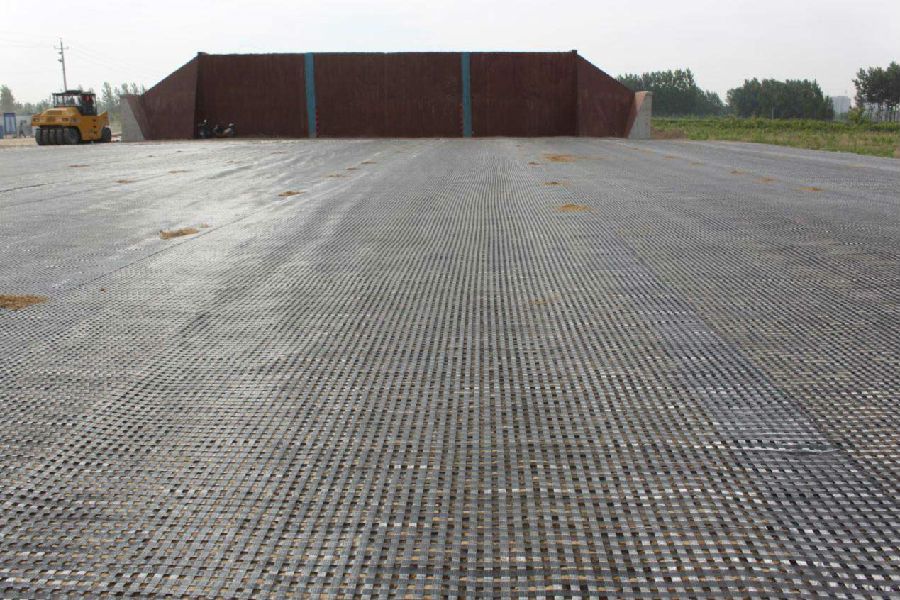
IMages of Fiberglass Geogrid for Drainage Geocomposite:
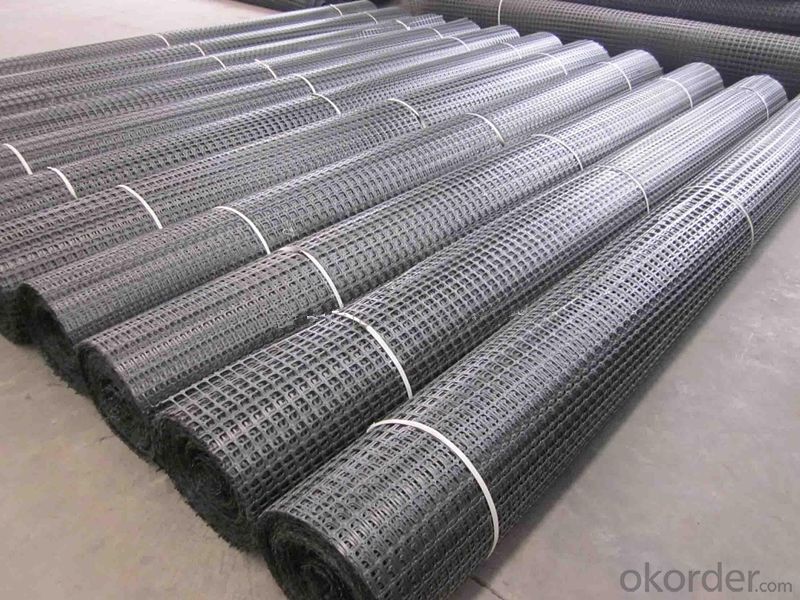
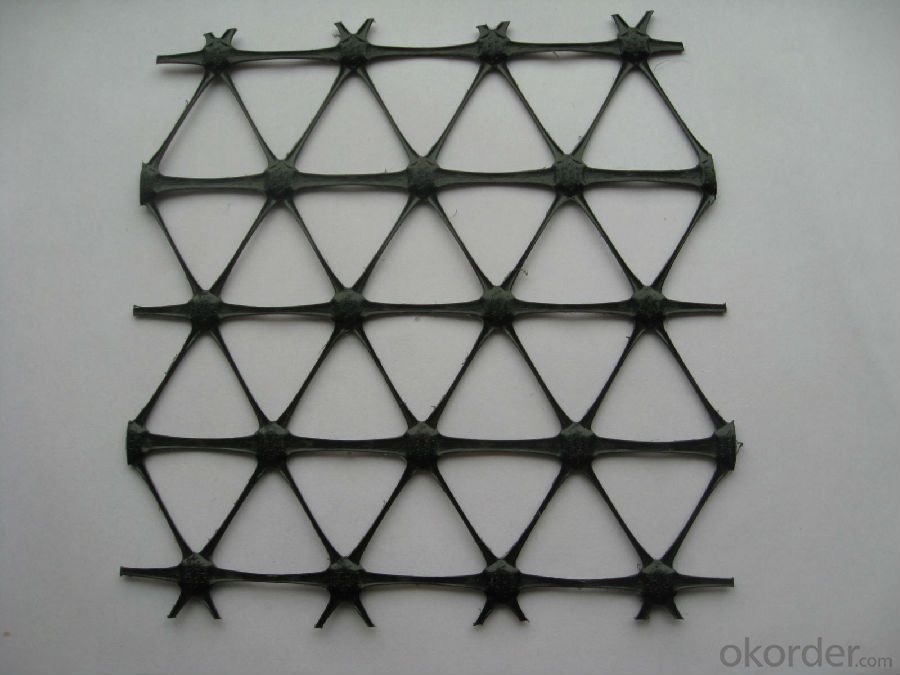
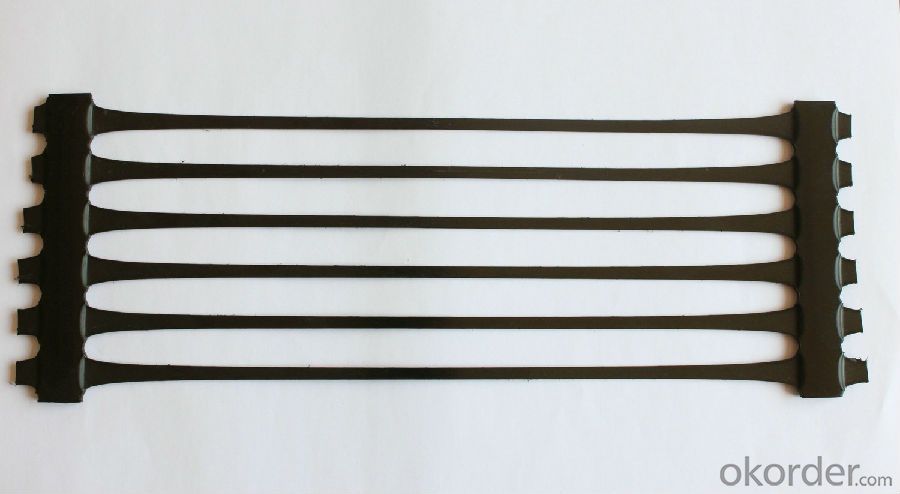
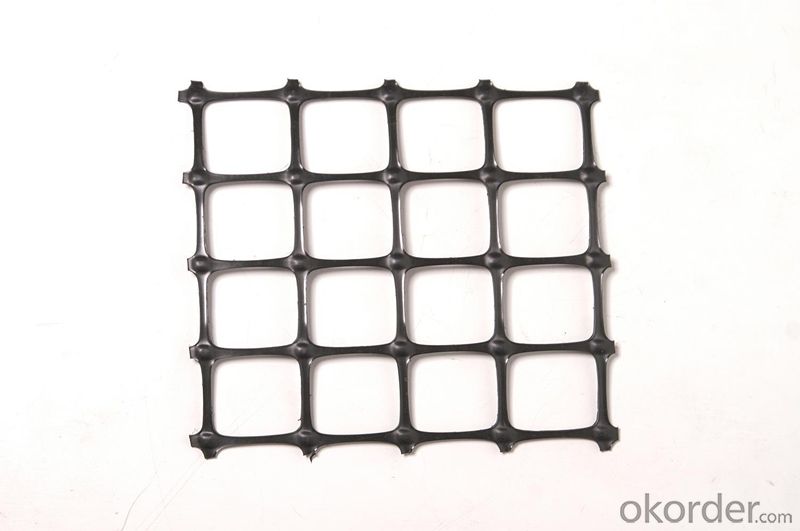
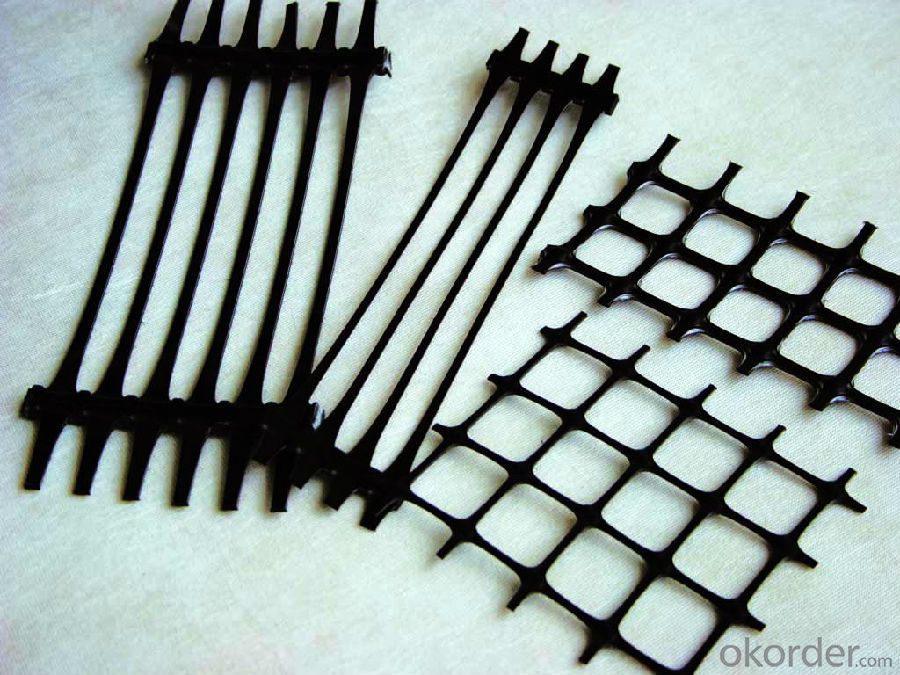
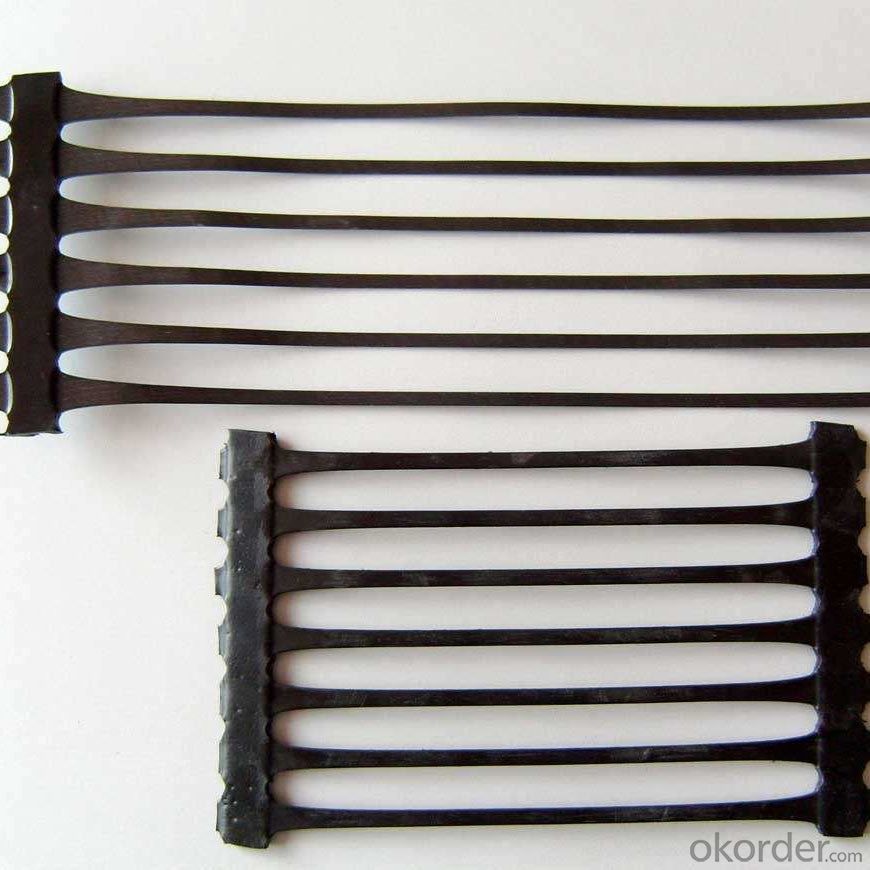
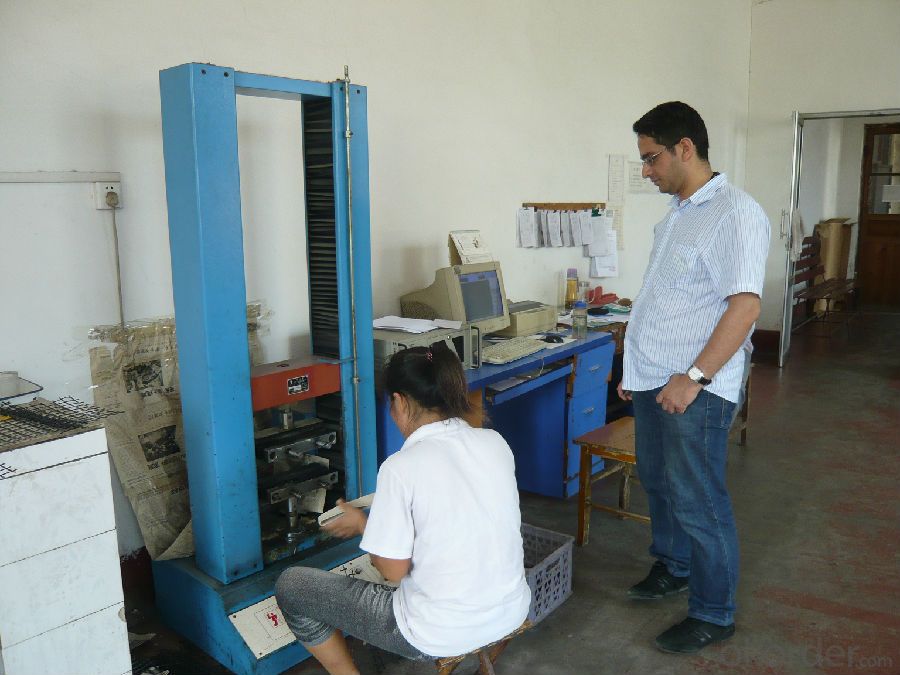
FAQ of Fiberglass Geogrid for Drainage Geocomposite:
1. What are we supplying?
We are specialized in producing Geosynthetic materials, like Geogrid Series, HDPE Geocell, Geonet, Geotextile, Geomat, Tri Denmensional Composite Grainage Geonet, and Geomembrane Series.
.
2. How Many years experience do we have?
We have been exported to more than 20 countries in the past 15 years.
3. How long do we usually reply your request?
We always reply our customer within 24 hours.
- Q: What is a geogrid?
- A geogrid is a type of geosynthetic material that is used to reinforce soil or other materials in civil engineering applications. It is typically made of polymer materials and has a grid-like structure that provides tensile strength and enhances the stability of the soil or other materials it is placed within.
- Q: Can geogrids be used for reinforcement in railway track construction?
- Yes, geogrids can be used for reinforcement in railway track construction. Geogrids are durable and flexible materials that can effectively distribute loads and provide stability to the railway track, reducing the risk of deformation and settlement. They can enhance the overall performance and lifespan of the track, making them a suitable reinforcement option in railway track construction projects.
- Q: Can geogrids be used in shoreline protection?
- Yes, geogrids can be used in shoreline protection. Geogrids are commonly used in coastal engineering projects to stabilize and reinforce the shoreline. They provide strength and stability to the soil, preventing erosion and protecting the shoreline from wave action and water currents.
- Q: Geogrid is divided into several?
- Main production, geotextile, geogrid, geomembrane
- Q: How do geogrids help in reducing settlement of foundations?
- Geogrids help in reducing settlement of foundations by providing additional reinforcement and stabilization to the soil. They are placed within the soil layers to distribute the load more evenly, increase the bearing capacity, and reduce the potential for settlement.
- Q: How much cheaper than steel reinforced plastic geogrid
- Specifications of different prices, the general specification of 4 to 6.5 square.
- Q: How do geogrids help stabilize soil?
- Geogrids help stabilize soil by providing reinforcement and increasing the soil's strength and load-bearing capacity. They are placed within the soil to create a network of interlocking structures that distribute the forces exerted on the soil more evenly. This reduces soil movement and prevents erosion, effectively stabilizing the soil and improving its overall stability and durability.
- Q: What are the factors to consider when selecting geogrids for a project?
- When selecting geogrids for a project, it is important to consider factors such as the site conditions, load requirements, and the desired application. The site conditions, including soil type, slope stability, and groundwater levels, will determine the type and strength of geogrid needed. Load requirements, such as traffic or equipment loads, will impact the geogrid's tensile strength and durability. Additionally, considering the desired application, such as soil stabilization, retaining walls, or erosion control, will help determine the appropriate geogrid material and design.
- Q: How do geogrids prevent differential settlement?
- Geogrids prevent differential settlement by distributing the load and enhancing the stability of soil by providing reinforcement. They improve the overall strength and stiffness of the soil, reducing the likelihood of differential settlement occurring.
- Q: Sampling method of Geogrid
- The best way is to ask the quality inspection station, sampling is not the same everywhere
Send your message to us
Fiberglass Geogrid for Drainage Geocomposite - Geocells South Africa
- Loading Port:
- Qingdao
- Payment Terms:
- TT OR LC
- Min Order Qty:
- 50000 m²
- Supply Capability:
- 2000000 m²/month
OKorder Service Pledge
OKorder Financial Service
Similar products
Hot products
Hot Searches
Related keywords
